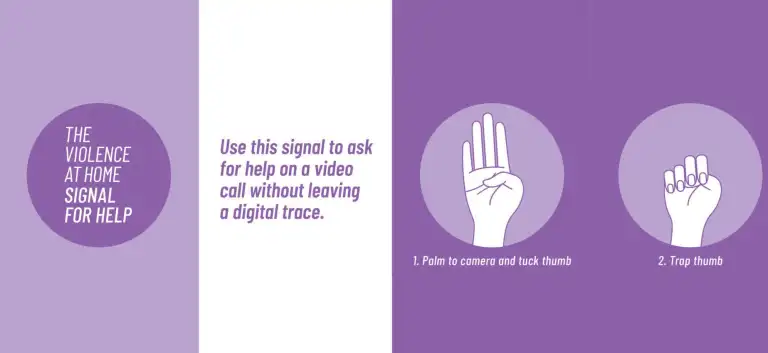Learn About Domestic Violence
What is Domestic Violence?
Domestic violence is the willful intimidation, physical assault, battery, sexual assault, and/or other abusivebehavior as part of a systematic pattern of power and control perpetrated by one intimate partner against another.
It includes:
- physical violence
- sexual violence
- threats
- emotional abuse
The frequency and severity of domestic violence can vary dramatically.


Our Activity
What We Do
1 in 4
women experience domestic violence by an intimate partner
1 in 7
women have been injured by an intimate partner
1 in 7
women have been stalked by an intimate partner
1 in 15
children are exposed to domestic violence each year
90%
of children are eyewitnesses to domestic violence
1 in 9
men have experienced violence by an intimate partner
1 in 25
men have been injured by an intimate partner
1 in 18
men have been stalked by an intimate partner
Did You Know?
Economic Abuse
Economic abuse is the purposeful controlling of resources to make the victim financially limited.
This can Include:
- Refusing to give you money for necessities
- Making you ask for money rather than allowing you continual access
- Forcing you to turn over money you’ve earned or spend it in a way that you disagree with
- Refusing to support your children
- Not letting you be involved in money decisions that affect you and/or your children
- Interfering with or preventing your opportunities for education, job training and the ability to find and keep a job
- Interfering with your work performance through harassing activities, such as frequent phone calls or unannounced visits
- Stealing from you, defrauding your money or assets and/or exploiting the your financial resources or property
- Requiring you to use your credit in a way that you disagree with
Physical Abuse
Physical abuse is the intentional use of physical force with the potential for causing death, disability, injury or harm.
This can Include:
- Pushing, hitting, choking, kicking, biting, cutting, burning, spitting, shaking, slapping, pinching, force-feeding
- Holding you down or preventing you from leaving the room
- Throwing objects at you
- Threatening you with a weapon
- Locking you in or out of the house
- Abandoning you in dangerous places
- Preventing you from getting sleep or waking you up out of sleep
- Denying help when you are sick, injured or pregnant
- Endangering you by driving wildly or recklessly
Psychological Abuse
Psychological abuse is the use of verbal and non-verbal communication with the intent to harm another person mentally or emotionally, and/or to exert control over another person.
This can Include:
- Expressive Aggression (Name-calling, putting you down by telling you that you’re stupid, dumb, fat, ugly, etc., intentionally humiliating you, making fun of your beliefs, degrading women as a group, constantly criticizing you, threatening to take your children, threatening to sexually assault you, threatening to hurt your family, threatening to leave or make you leave, making fun of your friends and family, hurting your pets to upset you, hurting your children to upset you, ignoring your feelings.)
- Coercive Control (Limiting your access to transportation, money, friends and family · Excessively monitoring your whereabouts · Refusing to use birth control · Insisting upon pregnancy termination)
- Exploitation (Leveraging your vulnerabilities, such as illegal immigration status, disability, etc.)
- Manipulation (Presenting false information to make you doubt your own memory or perception · Gaslighting to make you question your own sanity · Presenting false information to mislead others about you.)
